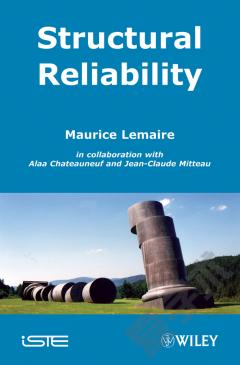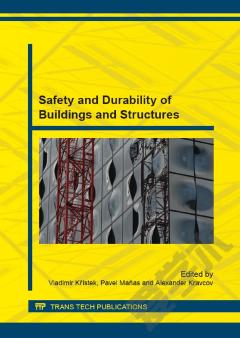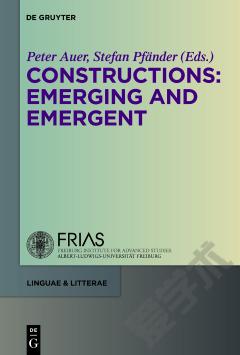Constructive and Resulting Trusts
Constructive and resulting trusts have a long history in English law, and the law which governs them continues to develop as they are pressed into service to perform a wide variety of different functions, for example, to support the working of express trusts and other fiduciary relationships, to allocate family property rights, and to undo the consequences of commercial fraud. However, while their conceptual flexibility makes them enormously useful, it also makes them hard to understand. In the twelve essays collected in this volume, the authors shed new light on various aspects of the law governing constructive and resulting trusts, revisiting current controversies, bringing new historical material to the fore, and offering new theoretical perspectives.
{{comment.content}}








 京公网安备 11010802027623号
京公网安备 11010802027623号